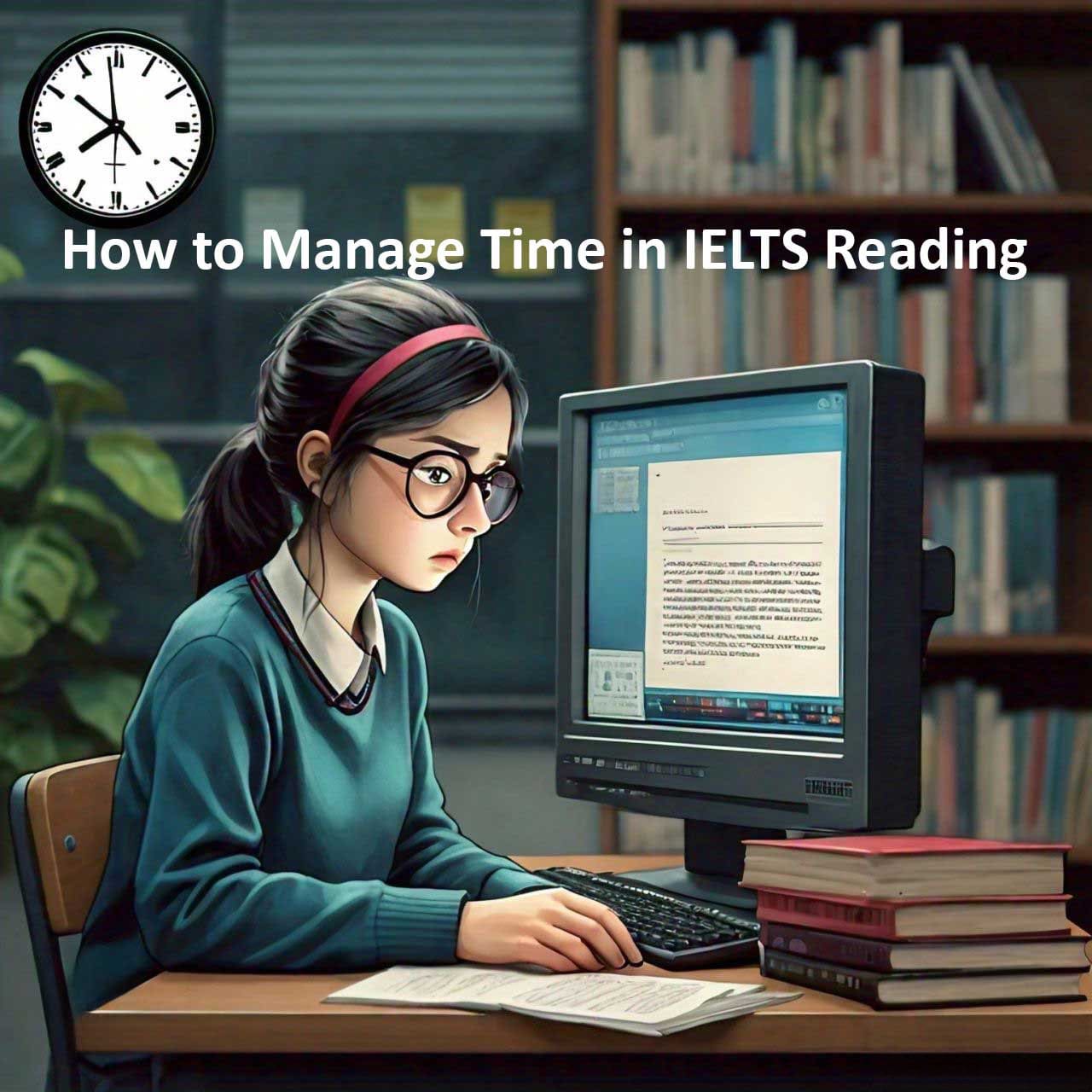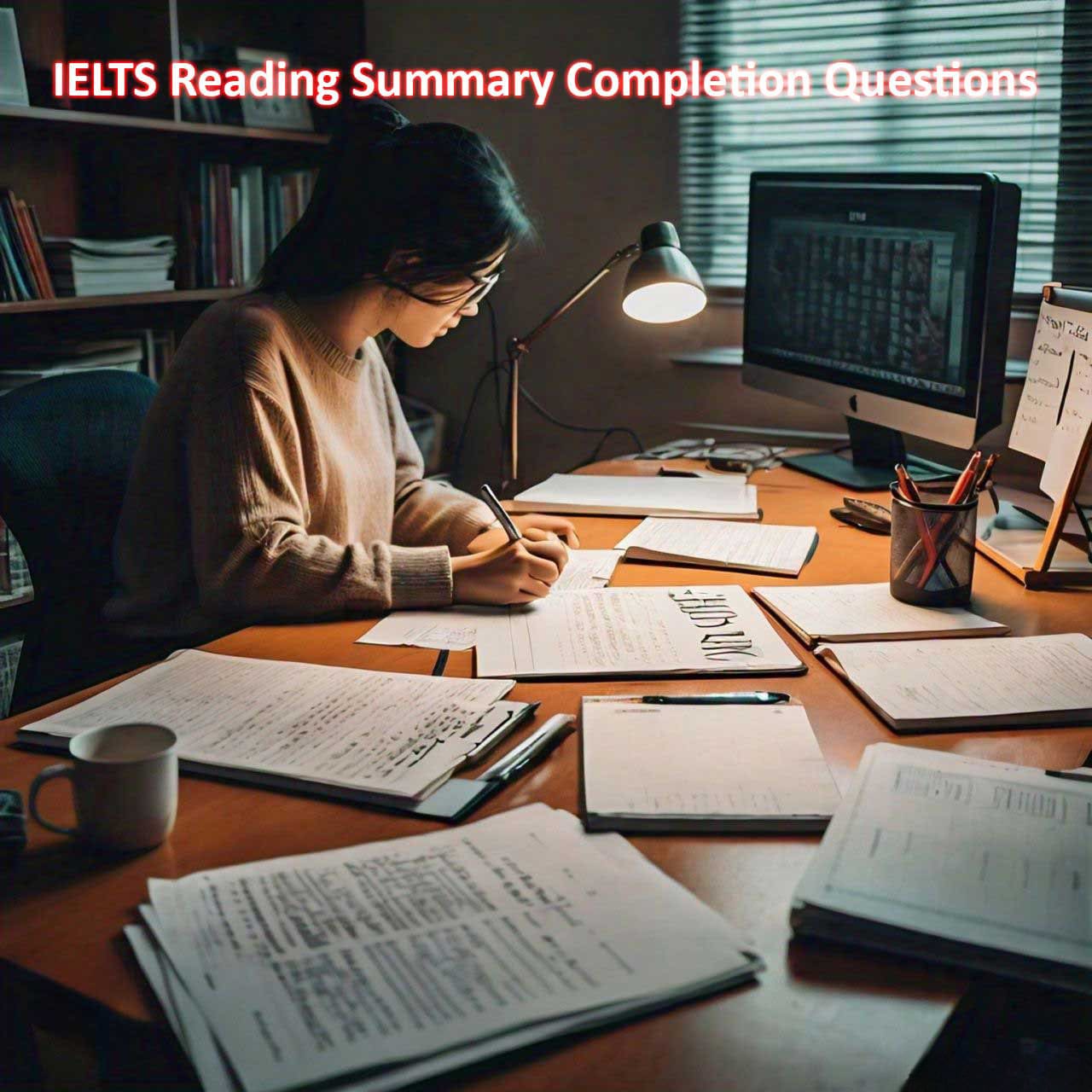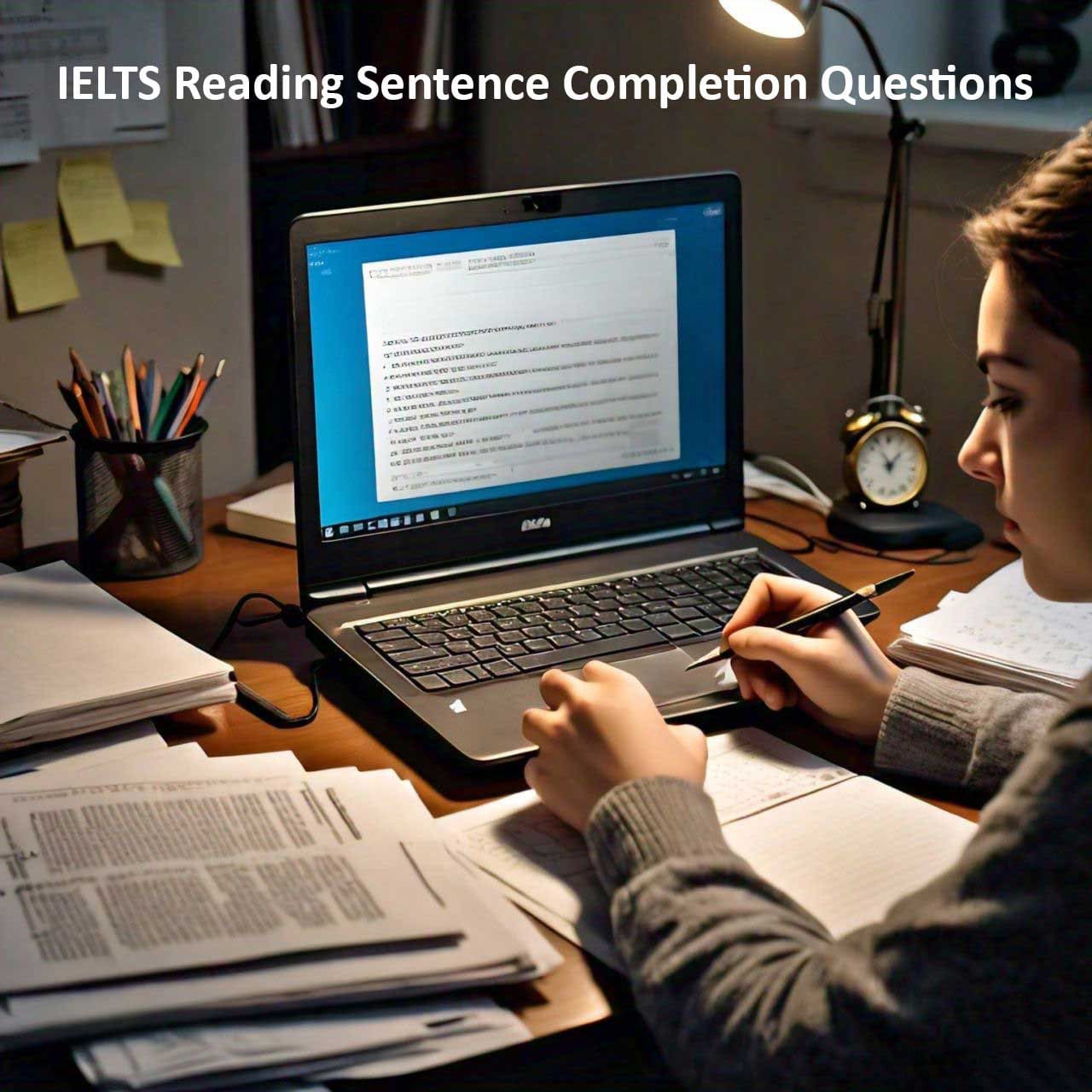The IELTS Reading section is often considered one of the most challenging parts of the exam. With 40 questions to answer in just 60 minutes, it’s easy to feel overwhelmed. But with the right approach and some proven strategies, you can improve your IELTS Reading time management and confidently tackle this section. In this post, we’ll explore actionable tips, provide real-life examples, and highlight resources to help you ace the IELTS Reading test.
Table of Contents
Understanding the IELTS Reading Test
Before diving into strategies, let’s first understand the structure of the IELTS Reading section. The test includes three passages, each increasing in difficulty, with a total of 40 questions. These passages are drawn from a variety of topics such as science, history, and social issues. The questions include:
- Multiple-choice
- True/False/Not Given
- Matching headings
- Sentence completion
- Summary completion
With only 20 minutes per passage, managing your time effectively is crucial.
10 Proven Strategies to Improve IELTS Reading Time Management
1. Skim Before You Dive In
One of the best ways to save time is to skim the passage before reading it in detail. Focus on:
- Titles
- Subheadings
- First and last sentences of paragraphs
- Keywords and numbers
This approach gives you a quick overview of the content and helps you locate answers faster.
Example: If the passage is about climate change, skimming might reveal subheadings like “Causes,” “Impacts,” and “Solutions,” helping you predict where specific answers might be.
2. Tackle Easier Questions First
Not all questions are created equal. Some will be straightforward, while others require more time to solve. Start with questions you find easier and save the tricky ones for later.
Example: Multiple-choice or sentence completion questions often require less time compared to matching headings.
3. Use the Question Order to Your Advantage
In most cases, the questions follow the order of the passage. This means the answer to Question 1 will likely appear before the answer to Question 2. Use this to guide your reading.
4. Master Scanning Techniques
Scanning is a skill that helps you locate specific information quickly. Practice looking for keywords, numbers, or dates without reading every word.
Tip: Highlight or underline keywords in the questions to help you focus your search.
5. Don’t Get Stuck
If you’re struggling with a question, move on. Spending too much time on one question can eat into your time for others.
Example: If you can’t decide between “True” or “Not Given,” leave it and revisit later.
6. Keep an Eye on the Clock
Time management is all about pacing. Divide your time as follows:
- 17 minutes for Passage 1 (easiest)
- 20 minutes for Passage 2
- 23 minutes for Passage 3 (hardest)
Set small checkpoints to ensure you’re staying on track.
7. Practice with Real IELTS Papers
Familiarity breeds confidence. Use official IELTS practice papers to get used to the format and timing. Websites like IELTS.org and British Council IELTS offer free practice materials.
8. Build Your Vocabulary
A strong vocabulary is essential for mastering IELTS Reading. The more words you know, the less time you’ll spend deciphering unfamiliar terms.
Tip: Use apps like Quizlet to create flashcards and practice daily.
9. Read Widely and Regularly
The IELTS Reading test covers a wide range of topics. Reading articles from reputable sources like BBC News or National Geographic will expose you to different writing styles and improve your comprehension.
10. Stay Calm and Focused
Nervousness can slow you down. Take deep breaths, stay calm, and focus on one question at a time.
Example: If you’re stuck on a tough question, remind yourself that it’s okay to guess and move on.
Real-Life Example of Effective Time Management
Let’s say you’re working on a passage about renewable energy. The question asks, “What is the primary benefit of solar power?”
- Skim the passage to locate the section discussing solar power.
- Use keywords like “benefit” or “advantage” to scan quickly.
- Read the relevant sentence carefully to identify the answer.
By following these steps, you can answer the question in under a minute.
Common Pitfalls to Avoid
1. Reading Every Word
Reading the entire passage word-for-word wastes valuable time. Focus on scanning and skimming instead.
2. Ignoring Instructions
Some questions have specific instructions, such as “write no more than three words.” Ignoring these can lead to lost marks.
3. Overthinking Answers
If an answer seems obvious, it probably is. Overanalyzing can lead to unnecessary confusion.
Final Thoughts
Mastering IELTS Reading Time Management is a skill that takes practice, patience, and persistence. By implementing the strategies outlined in this post, you can approach the IELTS Reading test with confidence and improve your chances of achieving a high score.
Remember, preparation is key. Use official practice tests, read widely, and develop a strategy that works for you. With consistent effort, you’ll be well on your way to mastering IELTS Reading and achieving your desired band score.
For additional tips and resources, check out:
- IELTS Official Website
- British Council IELTS Tips
- Road to IELTS
- Further Topics on IELTS Reading section
Good luck with your IELTS preparation!



